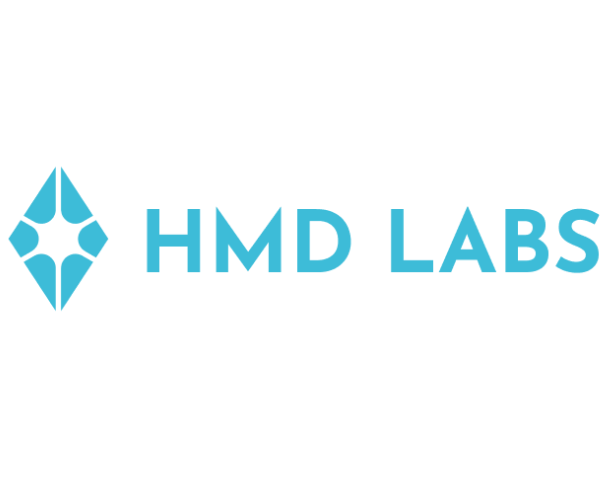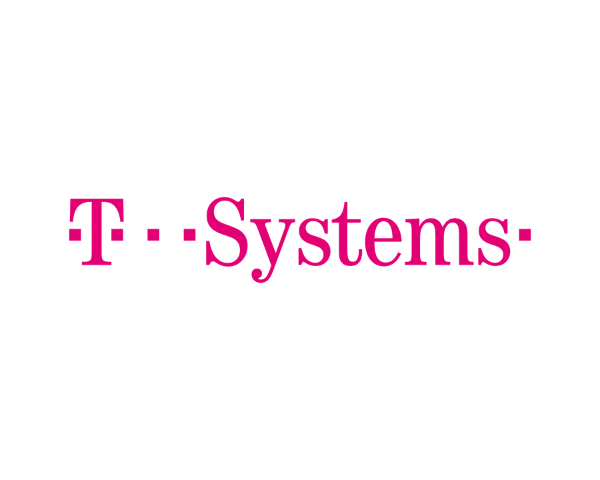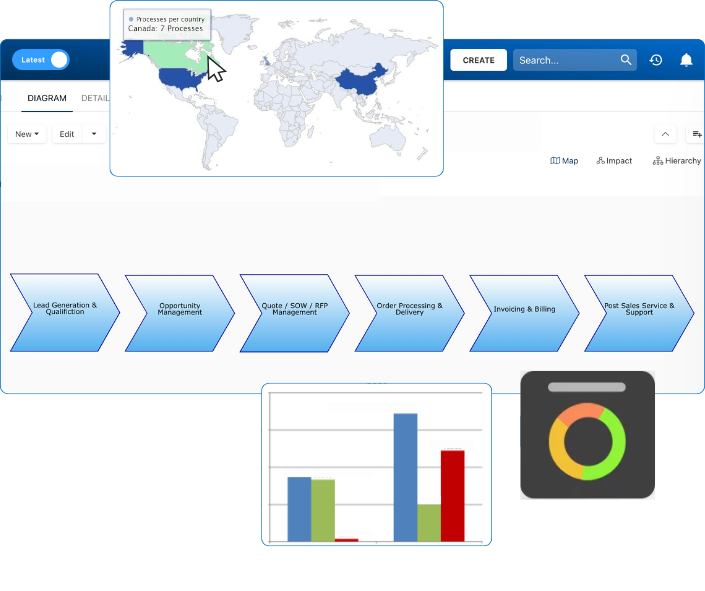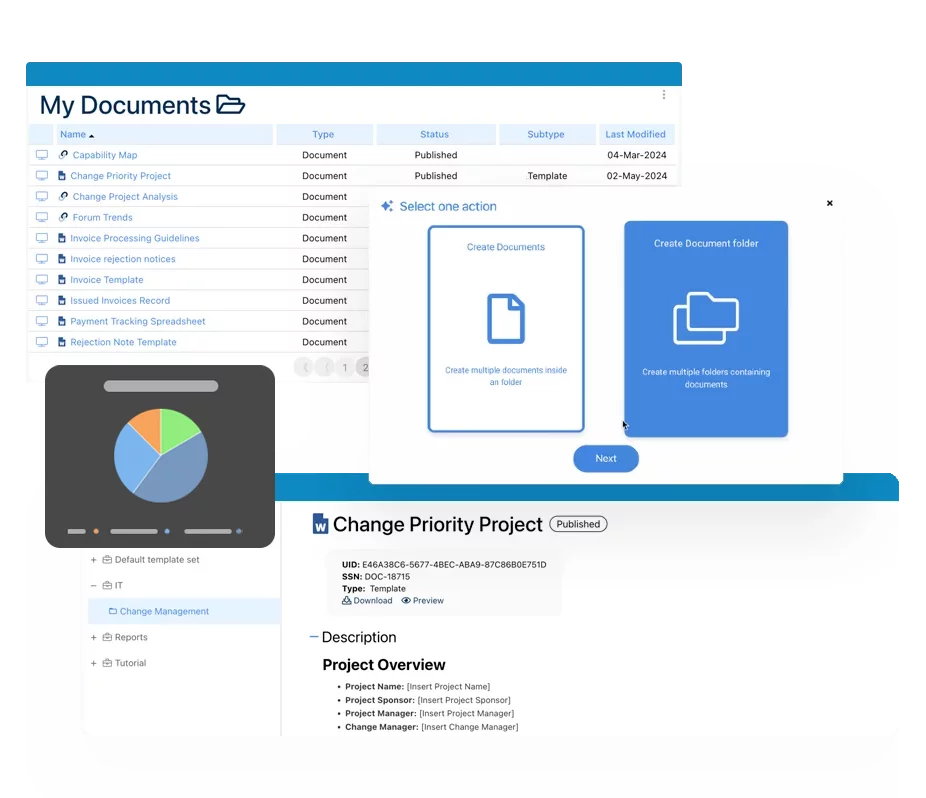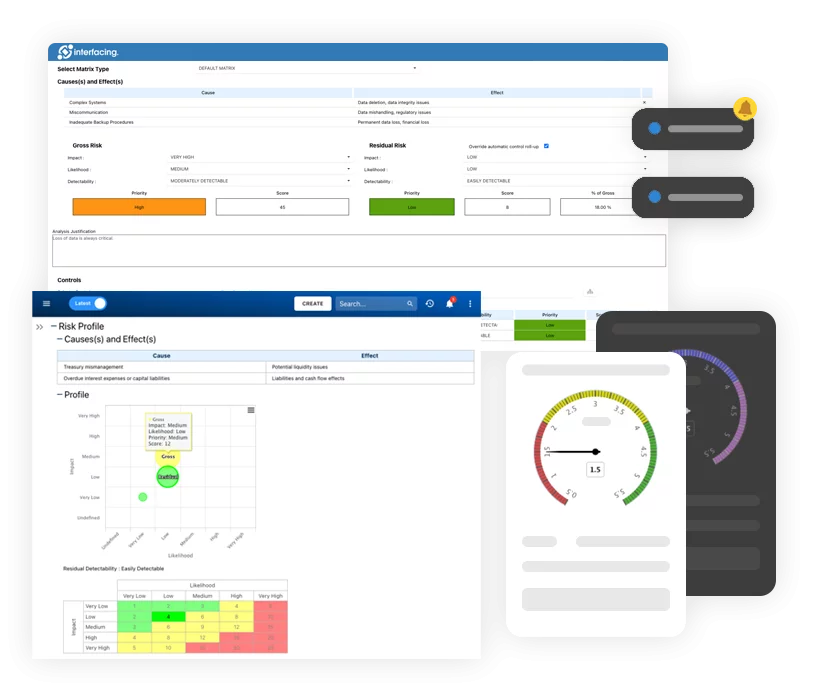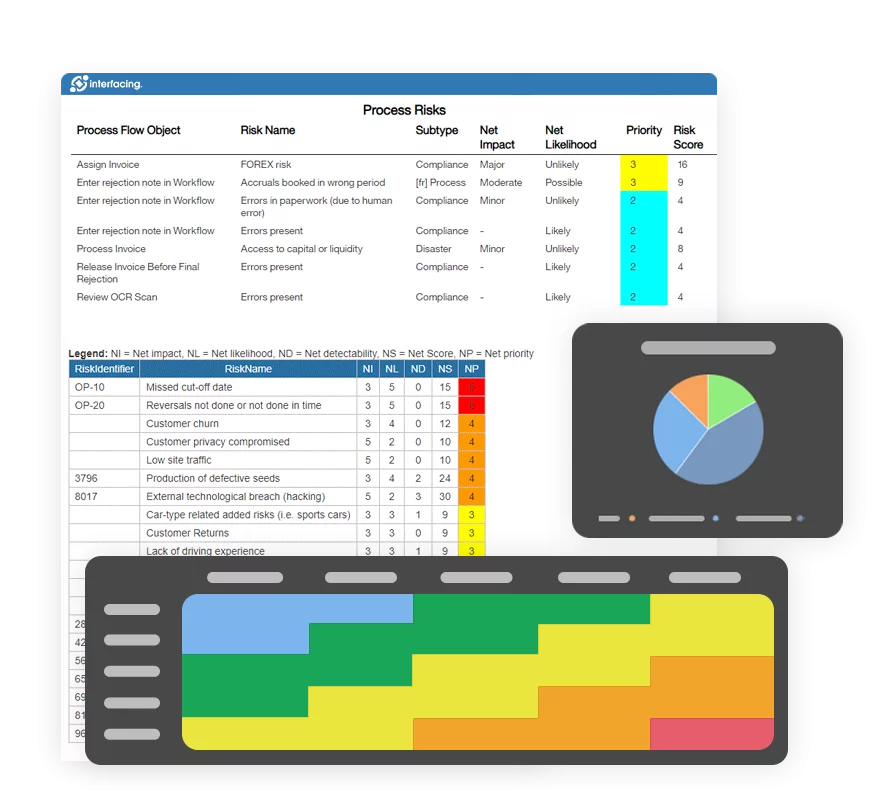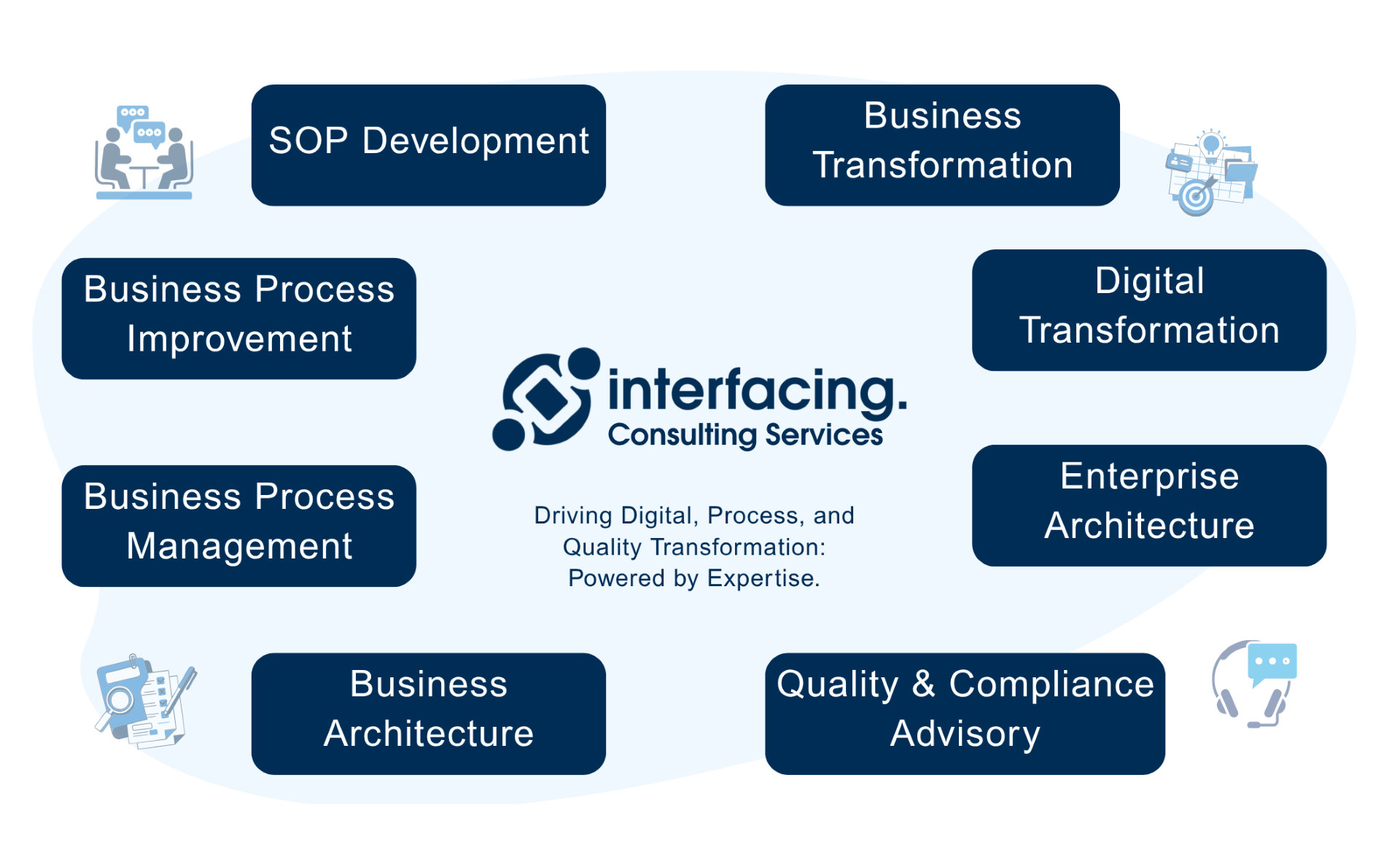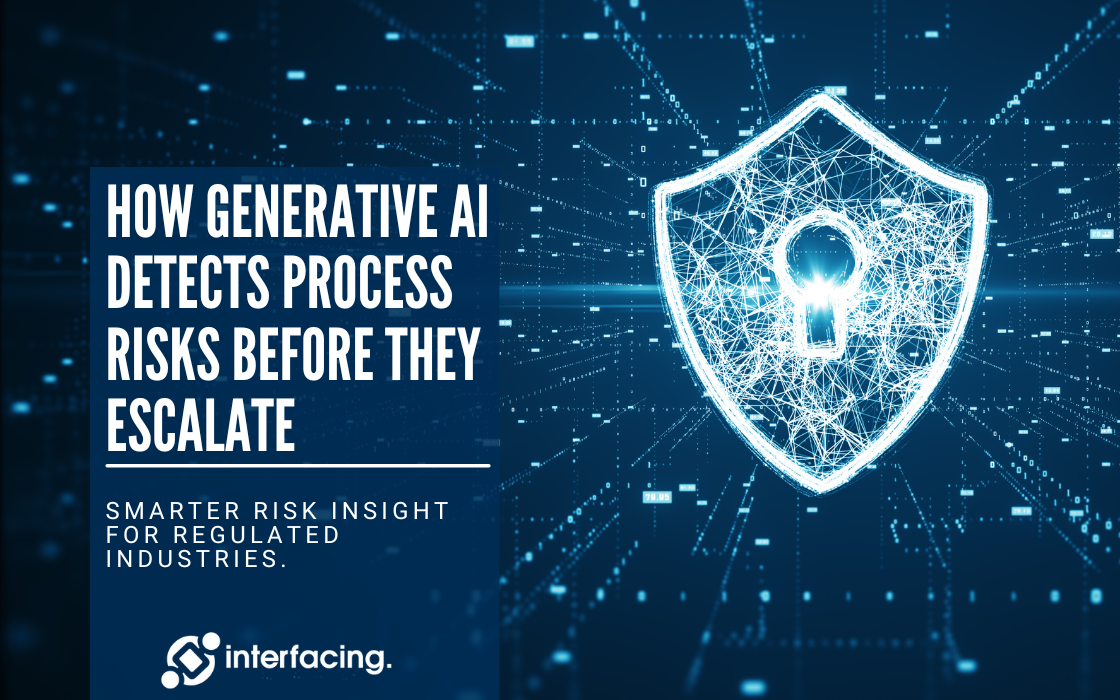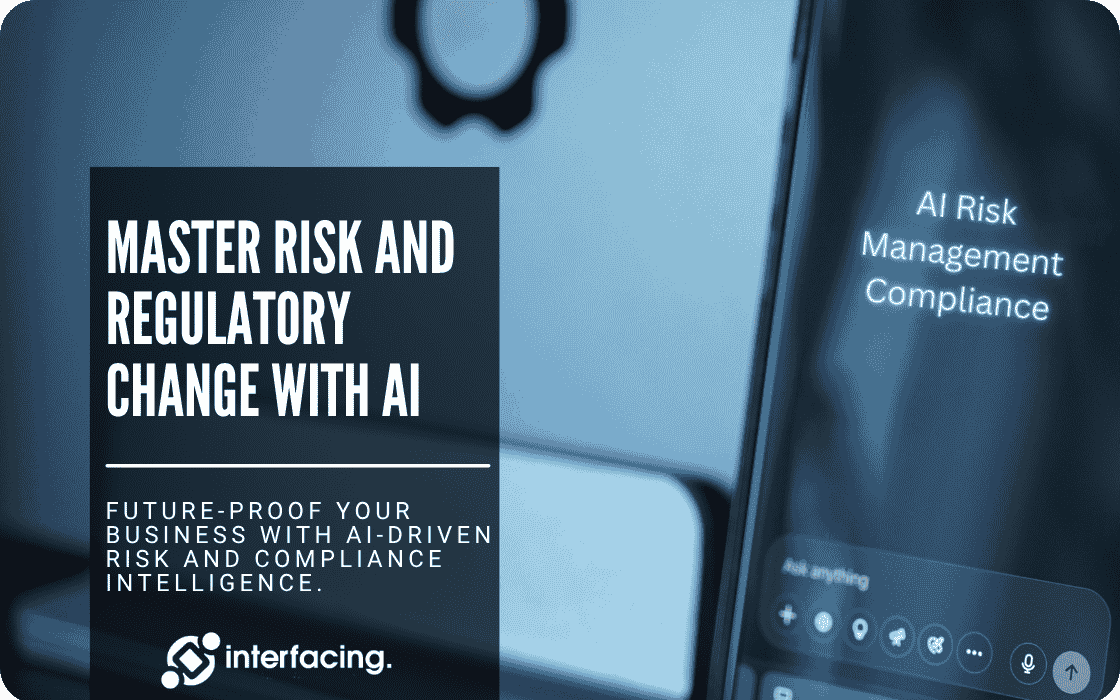


Enterprise Business Process Analysis: What Is It?
Please Select contact form.

According to Gartner®, who coined the term EBPA:
EBPA is the discipline of business and process modeling aimed at transforming and improving business performance with an emphasis on cross-viewpoint, cross-functional analysis to support strategic and operational decisions. EBPA is based on the principles of collaboration, short-cycle delivery, lightweight but robust modeling, and model governance. The two key principles of EBPA are “see the whole” and “understand the value network….” EBPA tools are of interest to business architects, enterprise architects, process architects, process analysts and process owners looking to transform and/or optimize their process-related outcomes.
Intro
In highly regulated industries, identifying process risks has traditionally been a manual and retrospective task. Teams relied on audits, non-conformance reports, and periodic reviews to spot issues, often only after they had already caused delays or compliance problems. Generative AI is starting to change that dynamic. By analyzing patterns across operational data, it can help organizations anticipate risks earlier, pinpoint root causes faster, and drive more proactive decision-making.
The Shift from Reactive to Predictive
Most organizations still operate in a reactive posture when it comes to risk management. Whether it’s a missed CAPA deadline, an unexpected deviation, or an audit finding, the issue is usually flagged only after it’s already impacted quality or compliance. Generative AI enables a different approach.
Using historical process data, audit logs, and documentation patterns, AI can surface subtle indicators of risk. For example, it can detect when changes to a standard operating procedure (SOP) frequently precede deviations on the shop floor. Or it might identify language in validation records that correlates with increased CAPA activity. These aren’t insights a human would easily catch in real time, but AI systems can.
Relevant Industries
Generative AI is particularly effective in sectors with high volumes of documentation, repeatable processes, and strict compliance requirements. In the life sciences, it helps organizations uncover patterns in validation reports, batch deviations, and clinical documentation. In aerospace, AI can identify weak links in process control plans or flag gaps in maintenance logs before they impact safety. For financial services, generative models highlight inconsistencies in audit records, contracts, and transaction logs.
These industries share a common trait: complexity. And complexity is where AI thrives, especially when traditional process mining methods hit limitations due to fragmented or unstructured data.
How Interfacing Helps
Interfacing’s EPC platform incorporates generative AI into its process discovery and compliance modules. It automatically reviews your process maps, control documents, and audit logs to surface risks before they escalate. For example, EPC can suggest process improvements based on historical CAPA trends or alert quality managers when control deviations begin to trend upward. This transforms the QMS from a reactive repository into a predictive compliance engine.
Final Thoughts
Generative AI is not just another digital upgrade. It represents a shift in how we discover, interpret, and respond to operational risk. For organizations in life sciences, aerospace, and finance, this means fewer surprises, faster improvements, and stronger audit readiness.
As regulatory environments grow more complex, the ability to proactively detect and mitigate risk becomes a key differentiator. With AI, that capability is no longer aspirational—it’s operational.
Why Choose Interfacing?
With over two decades of AI, Quality, Process, and Compliance software expertise, Interfacing continues to be a leader in the industry. To-date, it has served over 500+ world-class enterprises and management consulting firms from all industries and sectors. We continue to provide digital, cloud & AI solutions that enable organizations to enhance, control and streamline their processes while easing the burden of regulatory compliance and quality management programs.
To explore further or discuss how Interfacing can assist your organization, please complete the form below.

Documentation: Driving Transformation, Governance and Control
• Gain real-time, comprehensive insights into your operations.
• Improve governance, efficiency, and compliance.
• Ensure seamless alignment with regulatory standards.

eQMS: Automating Quality & Compliance Workflows & Reporting
• Simplify quality management with automated workflows and monitoring.
• Streamline CAPA, supplier audits, training and related workflows.
• Turn documentation into actionable insights for Quality 4.0

Low-Code Rapid Application Development: Accelerating Digital Transformation
• Build custom, scalable applications swiftly
• Reducing development time and cost
• Adapt faster and stay agile in the face of
evolving customer and business needs.
AI to Transform your Business!
The AI-powered tools are designed to streamline operations, enhance compliance, and drive sustainable growth. Check out how AI can:
• Respond to employee inquiries
• Transform videos into processes
• Assess regulatory impact & process improvements
• Generate forms, processes, risks, regulations, KPIs & more
• Parse regulatory standards into requirements

Request Free Demo
Document, analyze, improve, digitize and monitor your business processes, risks, regulatory requirements and performance indicators within Interfacing’s Digital Twin integrated management system the Enterprise Process Center®!
Trusted by Customers Worldwide!
More than 400+ world-class enterprises and management consulting firms






















